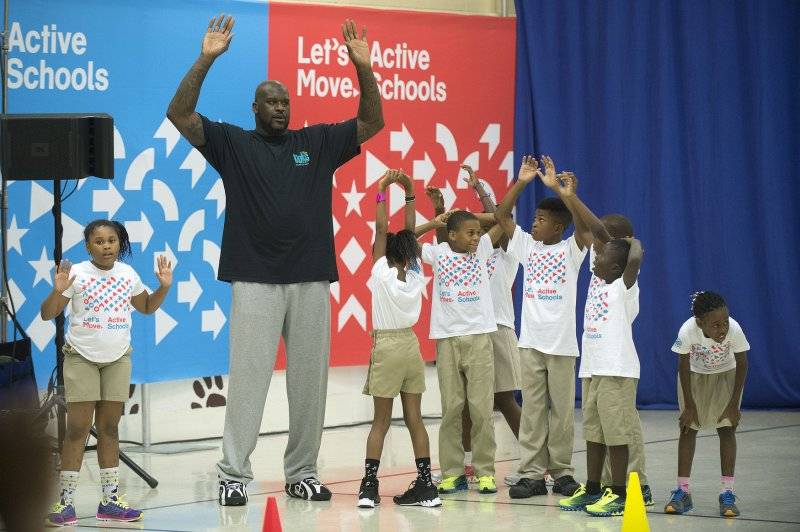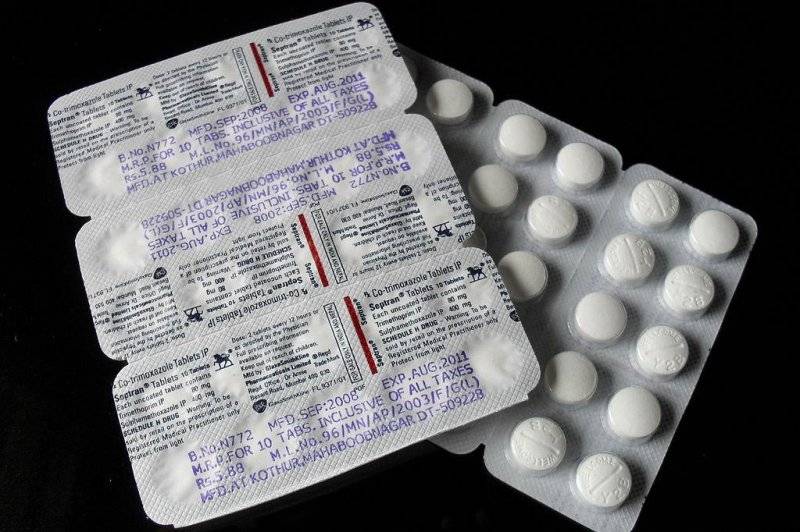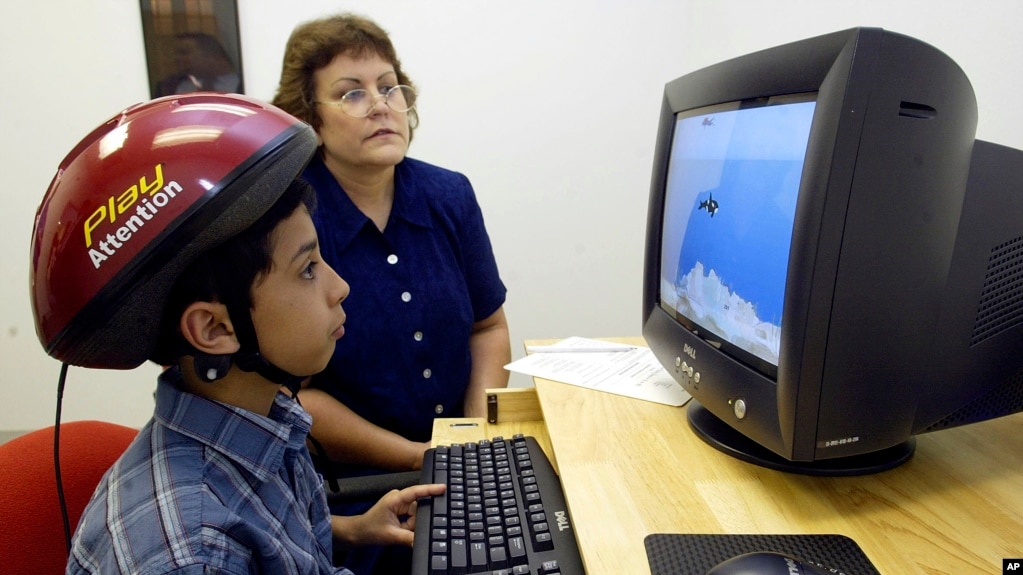eots
no fly list
[ame=http://www.youtube.com/watch?v=D_oevlgxsoI&feature=related]YouTube - Mothers Know Best about Medical Cannabis Part 1_clip2[/ame]
[ame=http://www.youtube.com/watch?v=hf17gzzYlrE&feature=related]YouTube - Mothers Know Best abour Medical Cannabis Part 2_clip2[/ame]
[ame=http://www.youtube.com/watch?v=hf17gzzYlrE&feature=related]YouTube - Mothers Know Best abour Medical Cannabis Part 2_clip2[/ame]
Last edited:








